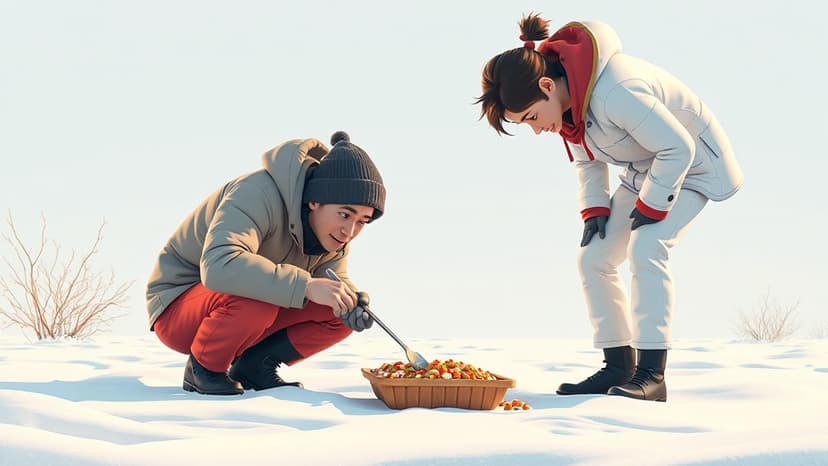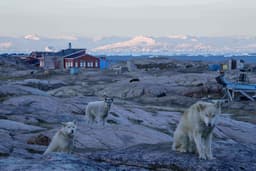Home / Science / Humans Still Evolving: Adapting to Changing Environments
Humans Still Evolving: Adapting to Changing Environments
17 Nov, 2025
Summary
- Humans have not stopped evolving, but are evolving in different ways
- Adaptations help humans survive and thrive in diverse environments
- Cultural practices can drive biological changes through co-evolution

Contrary to the belief that humans have conquered nature, the article explains that we are still evolving and adapting to our changing environments. As an anthropologist, the author studies how humans adapt to different surroundings.
Adaptations are traits that give an advantage in a particular environment, allowing those with the traits to survive and pass them on to future generations. Humans have developed various adaptations over time, such as skilled use of tools with our hands, efficient bipedal locomotion, and large brains that enable complex reasoning and social living.
While human culture has significantly transformed the environment, we are still shaped by evolution. The article provides examples of how humans have evolved in response to factors like climate, diet, and exposure to diseases. For instance, people in sunny regions developed more skin pigmentation to protect against UV damage, while those in cloudy areas evolved lighter skin to facilitate vitamin D production.
Similarly, the ability to digest milk as adults emerged in populations that started domesticating livestock and consuming dairy products. Certain groups also developed adaptations to thrive in extreme environments, like the Inuit's resistance to heart disease from high-fat diets or the Turkana's gene that allows them to go long periods without water.
The article emphasizes that human evolution is an ongoing process, with recent events like the COVID-19 pandemic potentially driving new genetic changes that enhance resistance to the virus. As humans continue to adapt to diverse and changing environments, the story of our evolution remains an intriguing and ever-evolving one.




